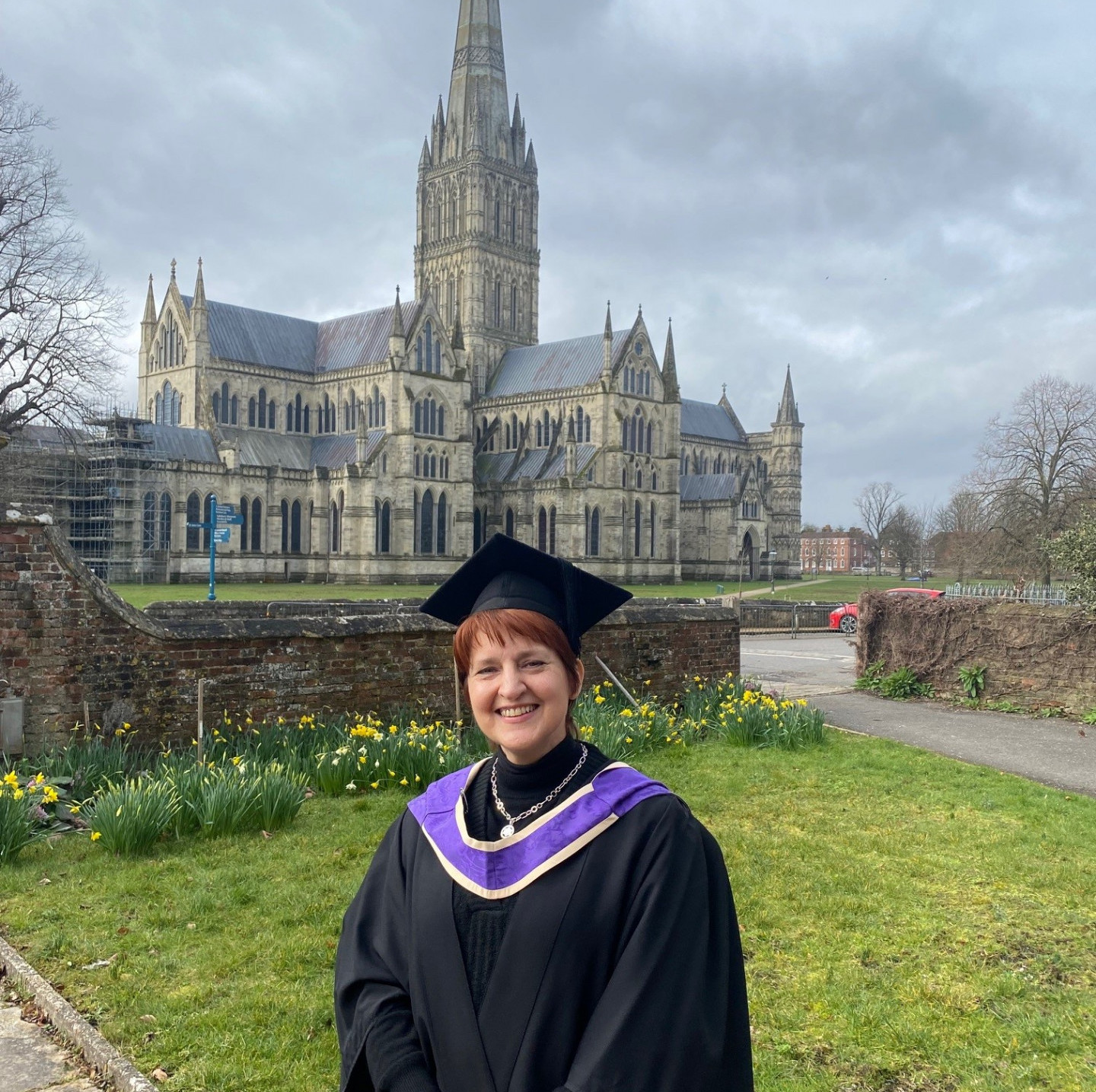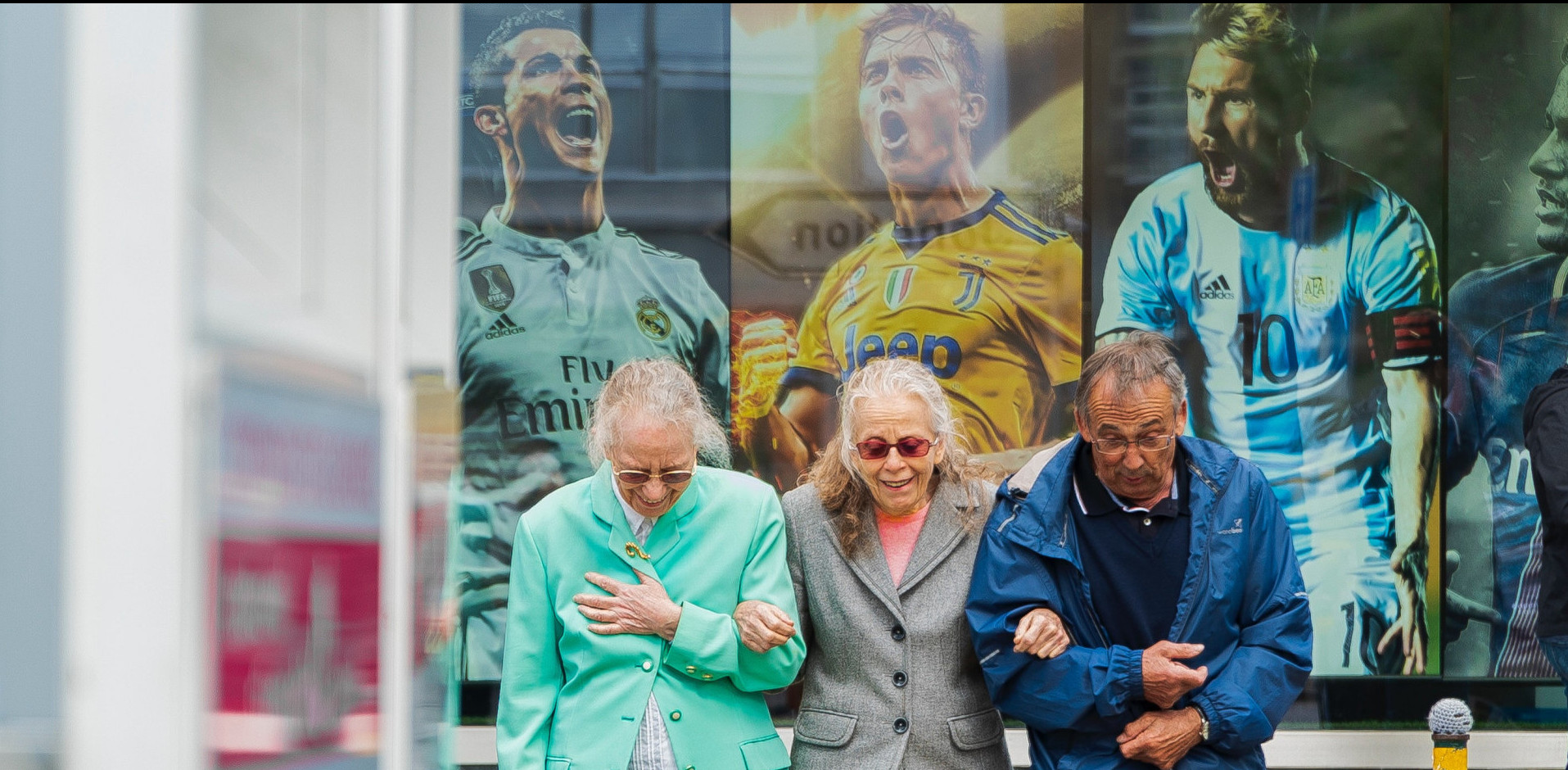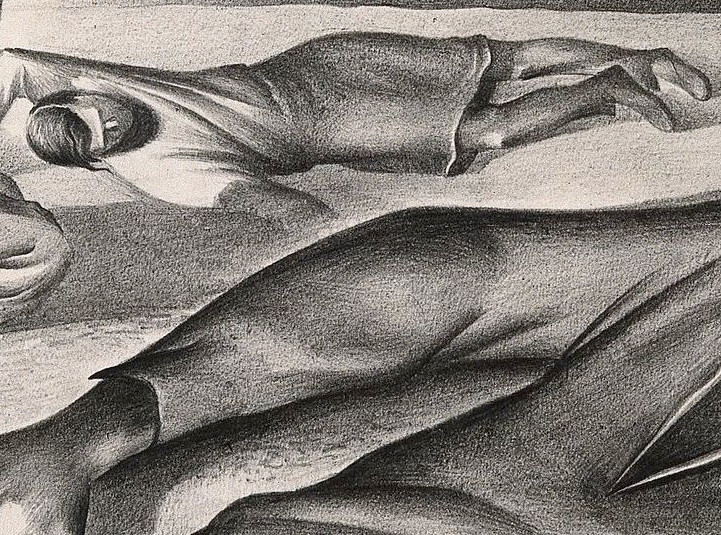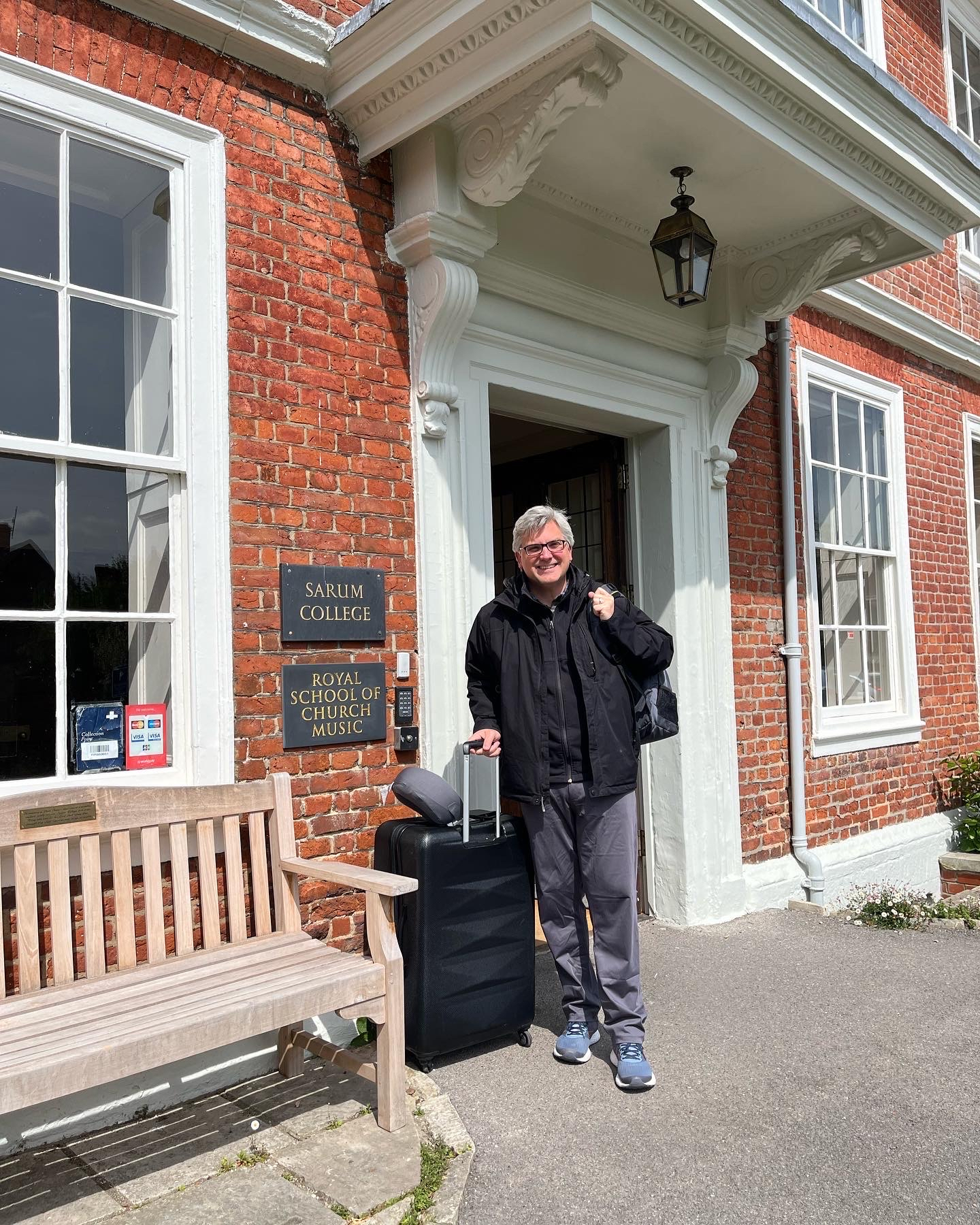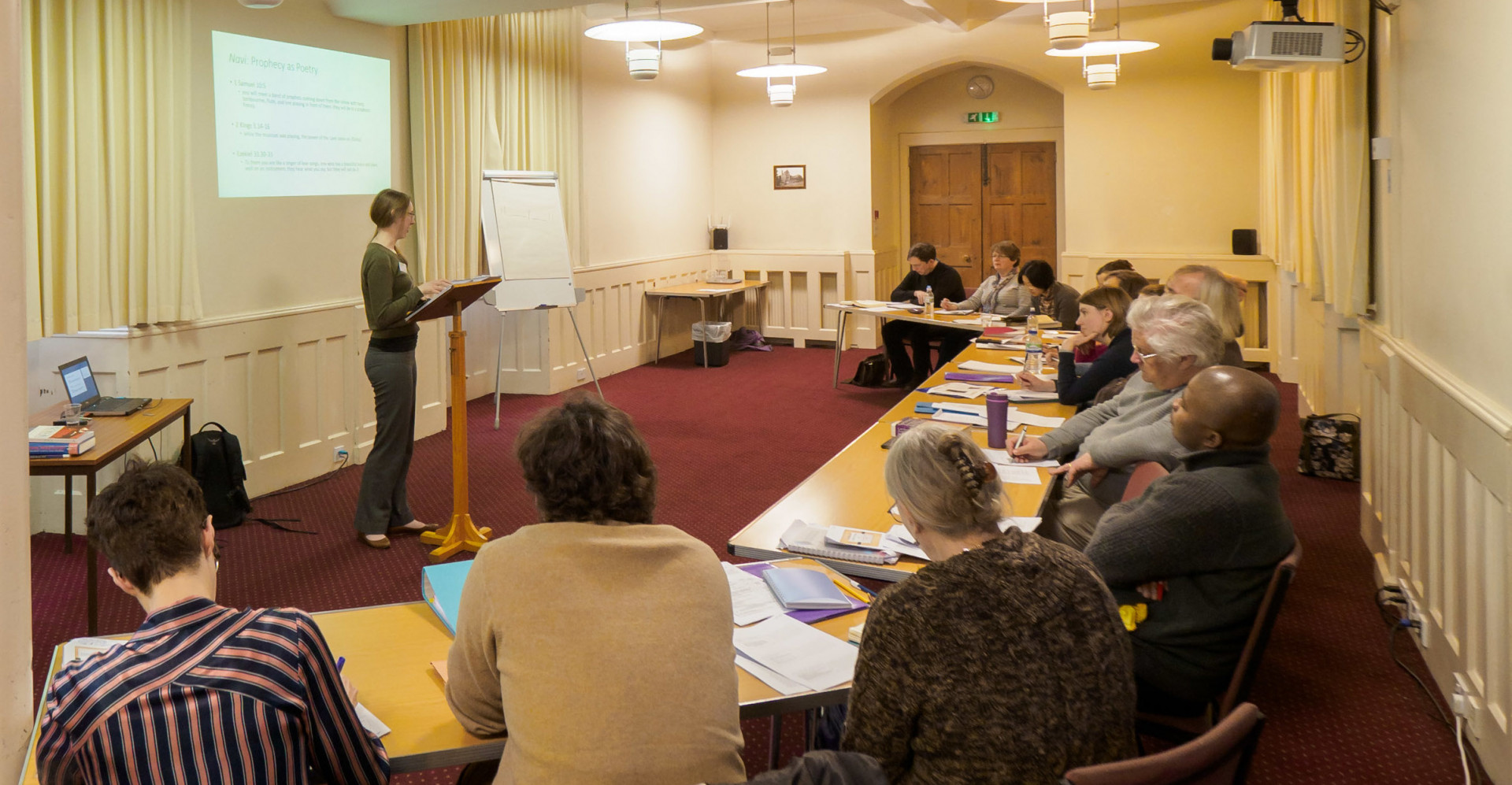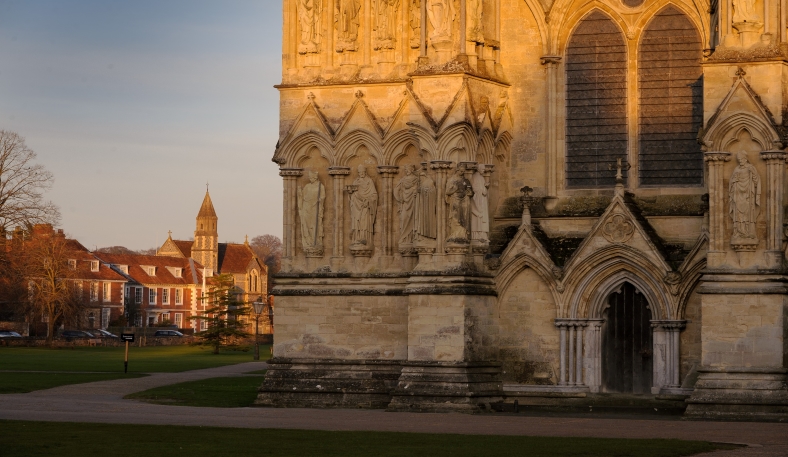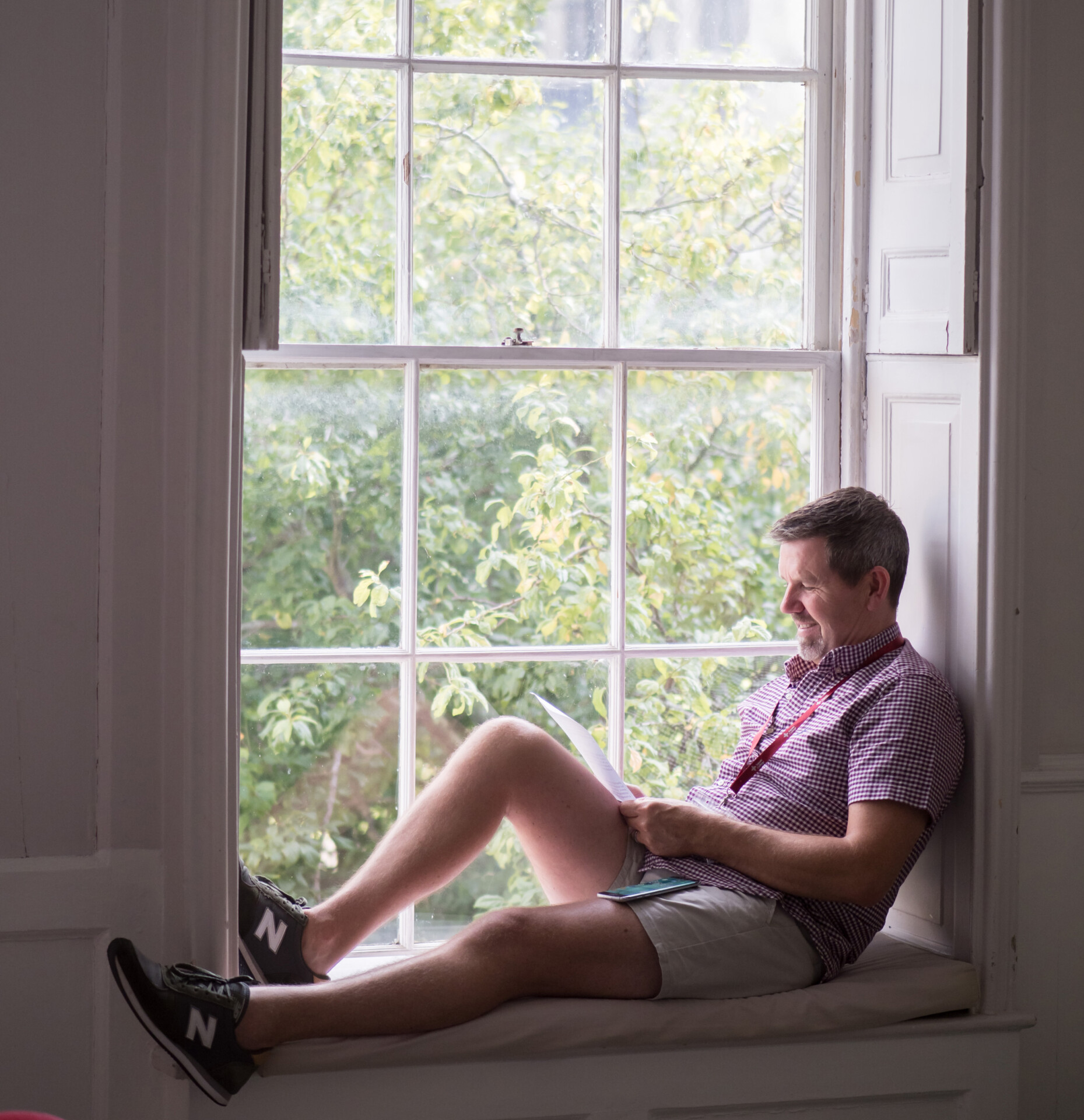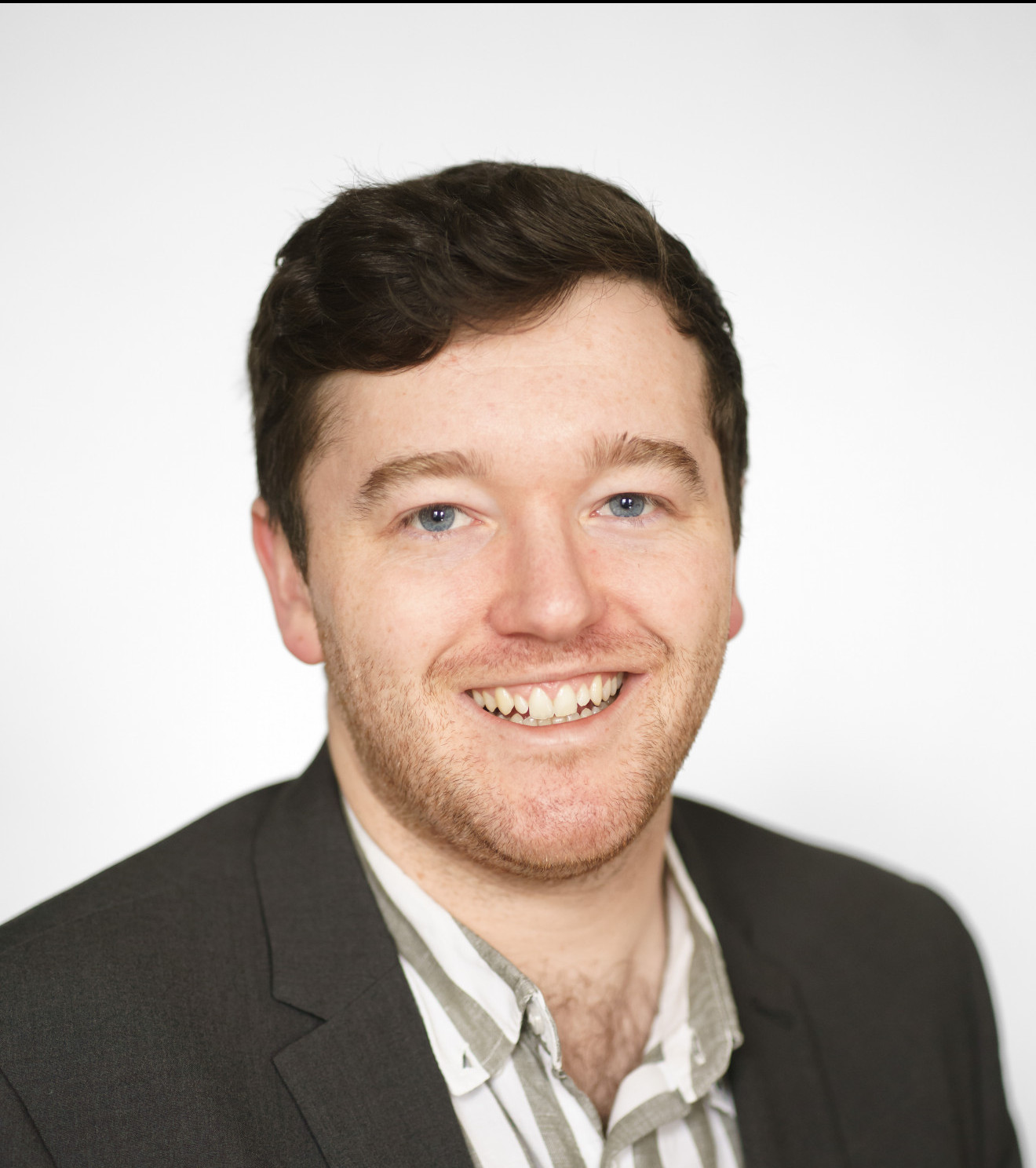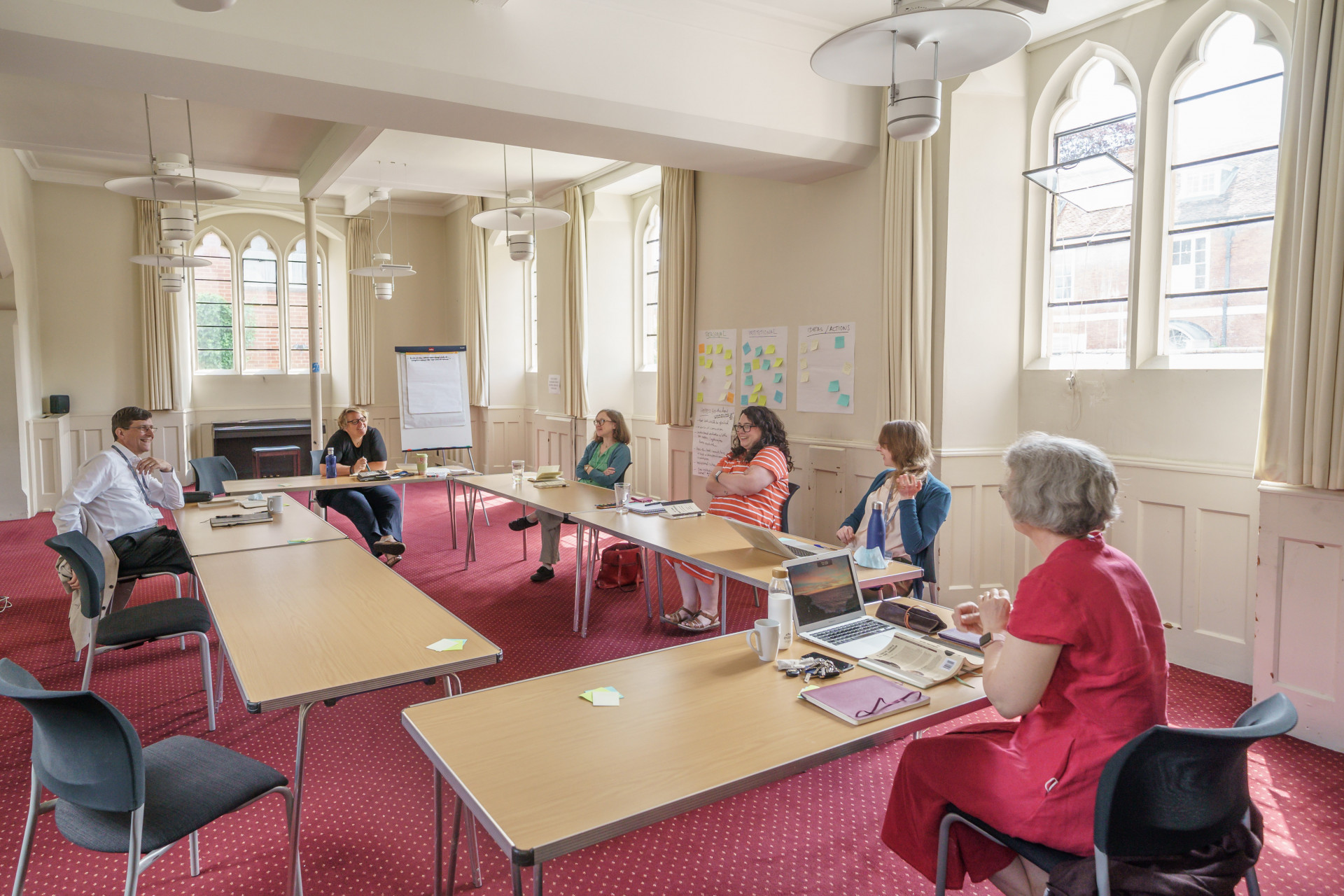Erotic Desires: Gender, Sexuality, and Spirituality (2024) course
Our understandings of desire have an important place both in the Christian spiritual traditions and for Christian spirituality as lived out and practiced today.
This course examines the concepts of eros and the erotic elements of Christian spirituality, bringing into a conversation a range of different voices and perspectives.
We look at the historical traditions of the Biblical canon and the mystical traditions of Christianity, and then consider how people with a diverse range of sexual and gender identities identify with and can be supported by theology, spirituality and liturgy.
This course might be particularly well suited to LGBTQIA+ people and those who work with these groups, including chaplains, as well as those in advocacy organisations.
The lecturers for this course are:
Dr Michael Hahn, who will be teaching introductions to eros in theology and to current issues in the Church as well as the history of interpretation of the Song of Songs, and gender and sexuality in pre-modern Christian mysticism.
Dr Jayme Reaves who will be teaching on the Song of Songs in its own context, considering its formation, content, its place in the biblical canon, and different ways of reading it.
The Revd Lyndon Webb will be giving an introduction to queer theology and its different approaches, and then will look specifically at the Song of Songs as a valuable resource for queer theology and eco-theology, thinking about the human and non-human in the Song.
Alison Webster will be teaching on the embodied nature of theology and what we learn about God when we take our body and its desires seriously. Alison will also be focusing on a range of liturgies which take seriously the experiences of people from a range of gender and sexual identities.
Dr Alex Clare-Young will be focusing on trans theologies and considering how the identities of trans people interact with the Christian spiritual traditions.
This is a postgraduate course open to ‘auditors’ e.g. those not enrolled for academic credit.
What does it mean to audit a course?
This course would made an excellent addition to a study break, retreat or sabbatical in the beautiful Salisbury Cathedral Close, where residential participants enjoy full board, access to the library and to the pattern of liturgy at Salisbury Cathedral.
Whether it’s cultural events, sightseeing (Stonehenge is nearby for example) or shopping — there’s plenty to do if you’d like to extend your stay the weekend before and after the course. For ideas, visit Salisbury Cathedral Close attraction websites to see what’s on Sarum’s doorstep. Visit the Wiltshire Creative website to view events at nearby Salisbury Playhouse and the Salisbury Arts Centre. The Experience Salisbury website has an excellent city-wide listing of forthcoming events around the city.
Need financial assistance? View our list of grantmaking trusts
Find out more about postgraduate study in Christian Spirituality
Enrolled students also may attend teaching weeks for modules in addition to the modules which they are studying for credit, by permission of the Programme Leader. The audit fee and hospitality prices are reviewed annually with any changes effective from 1 July.

